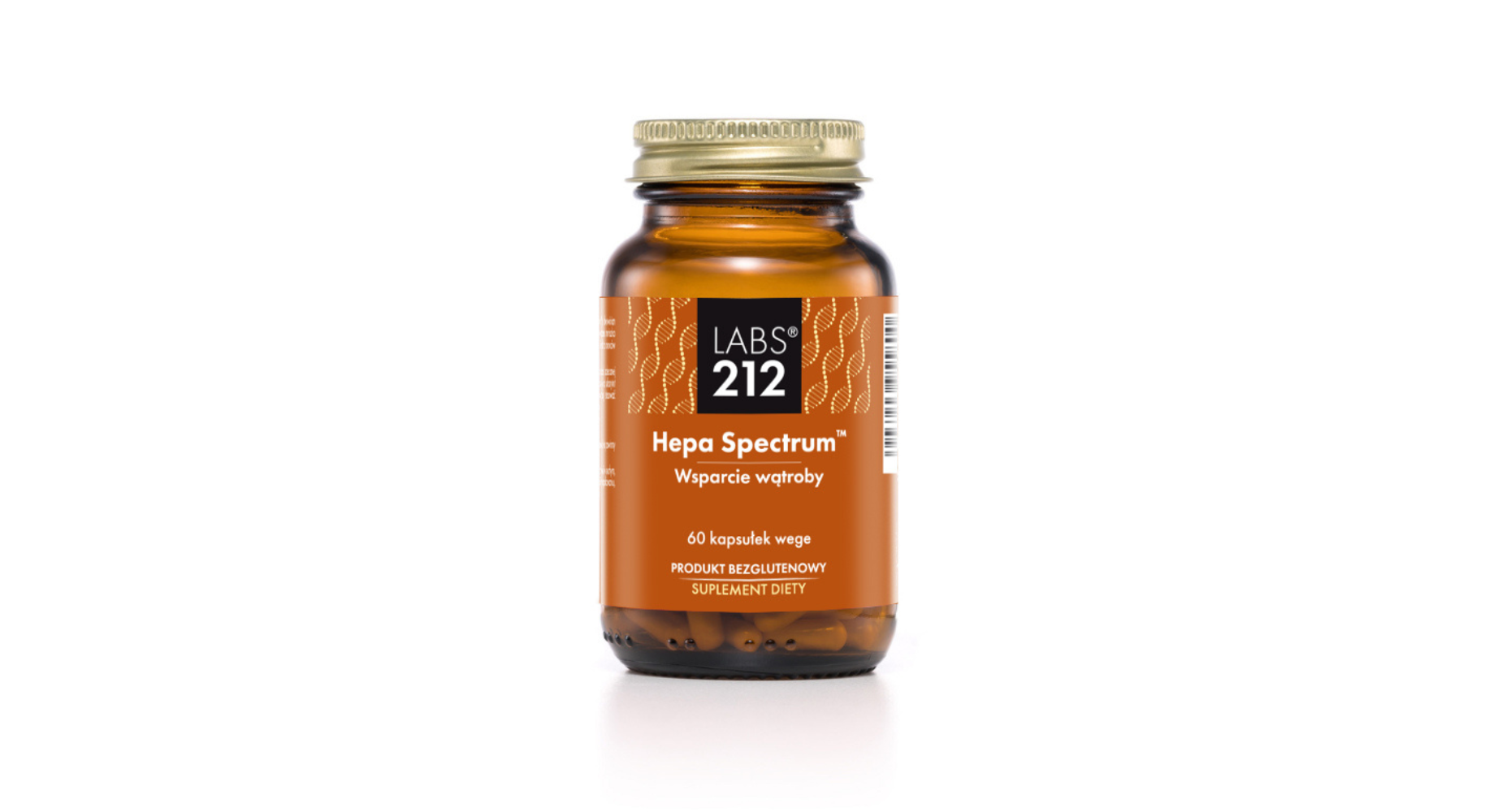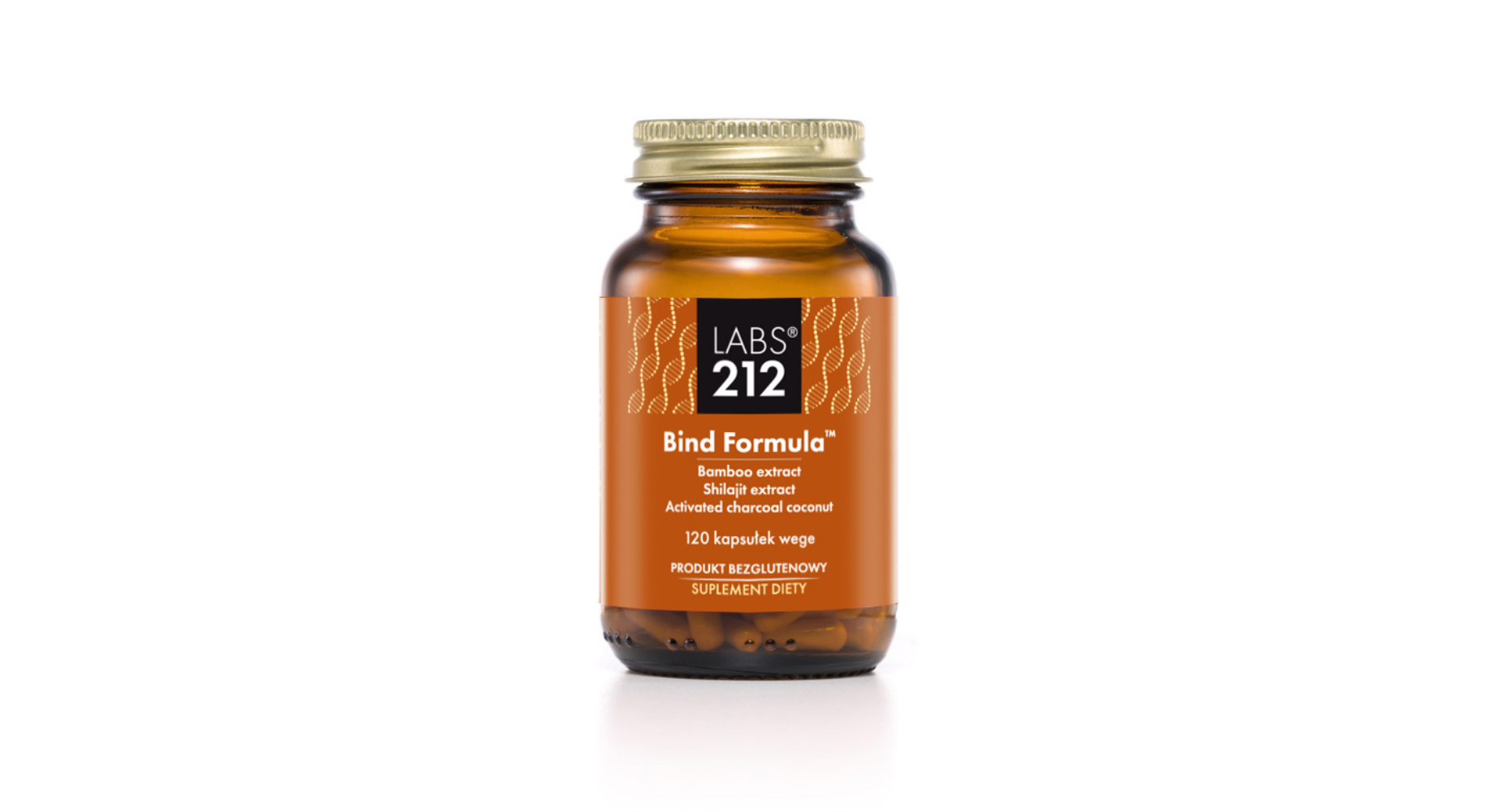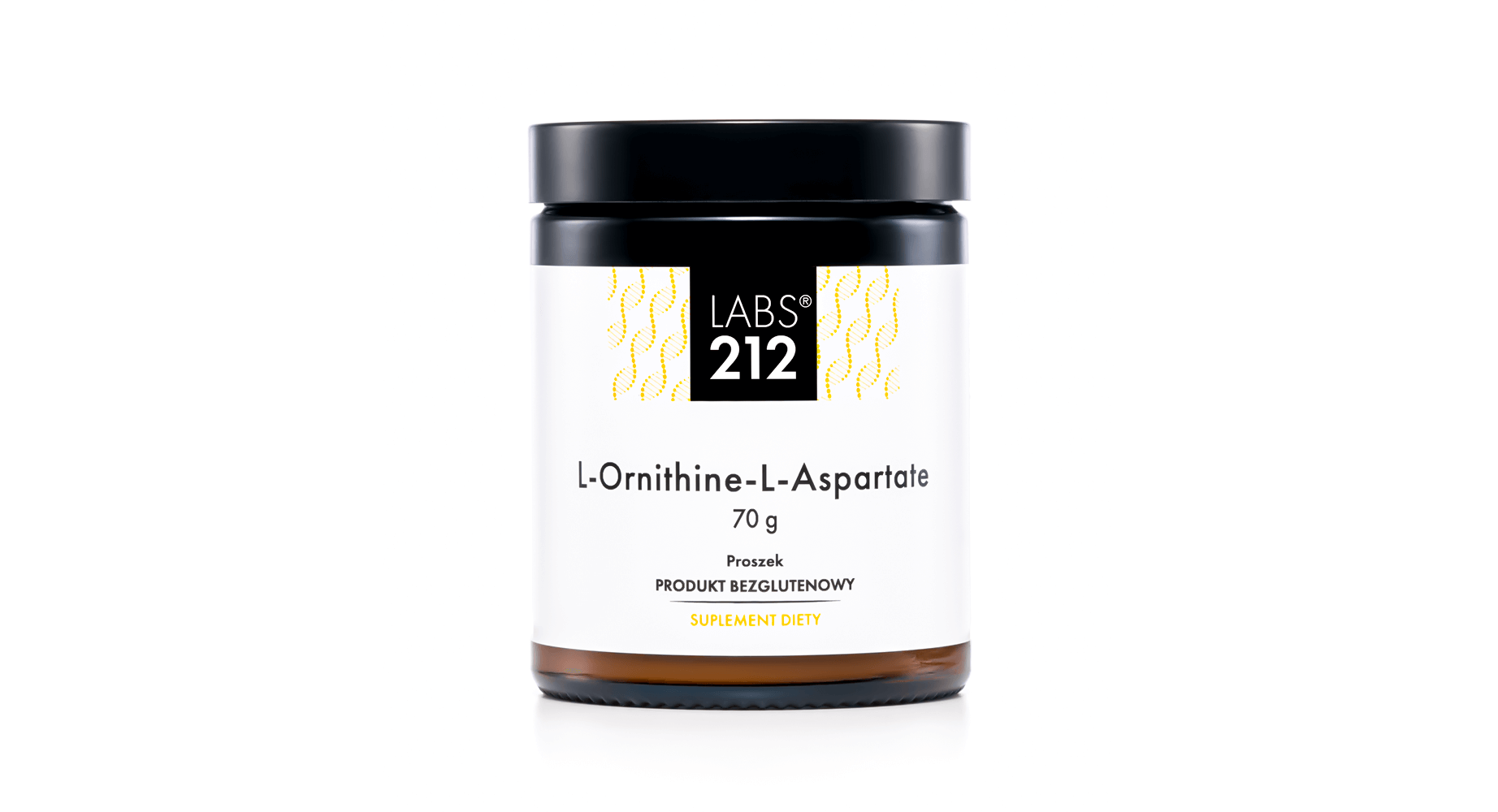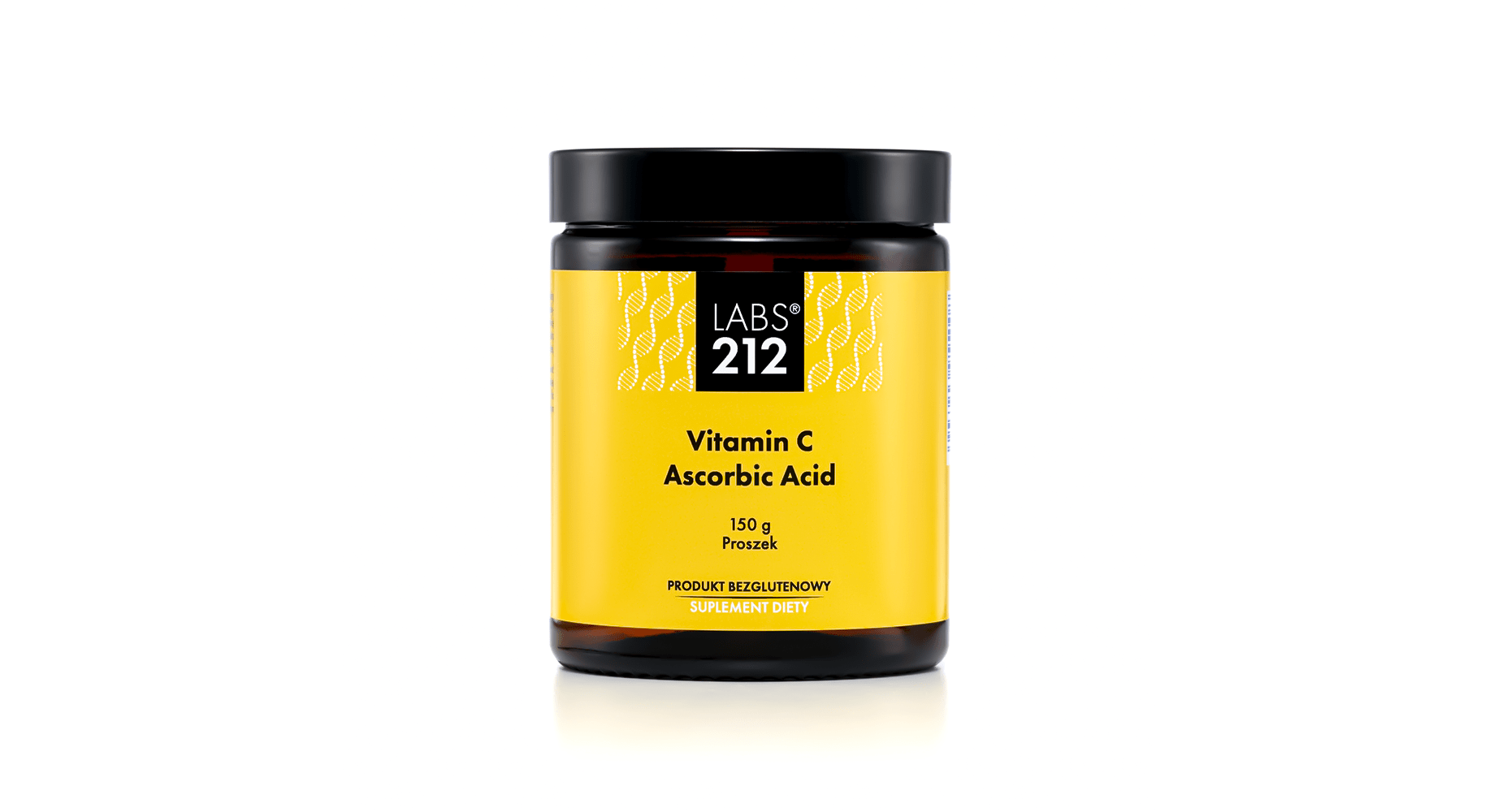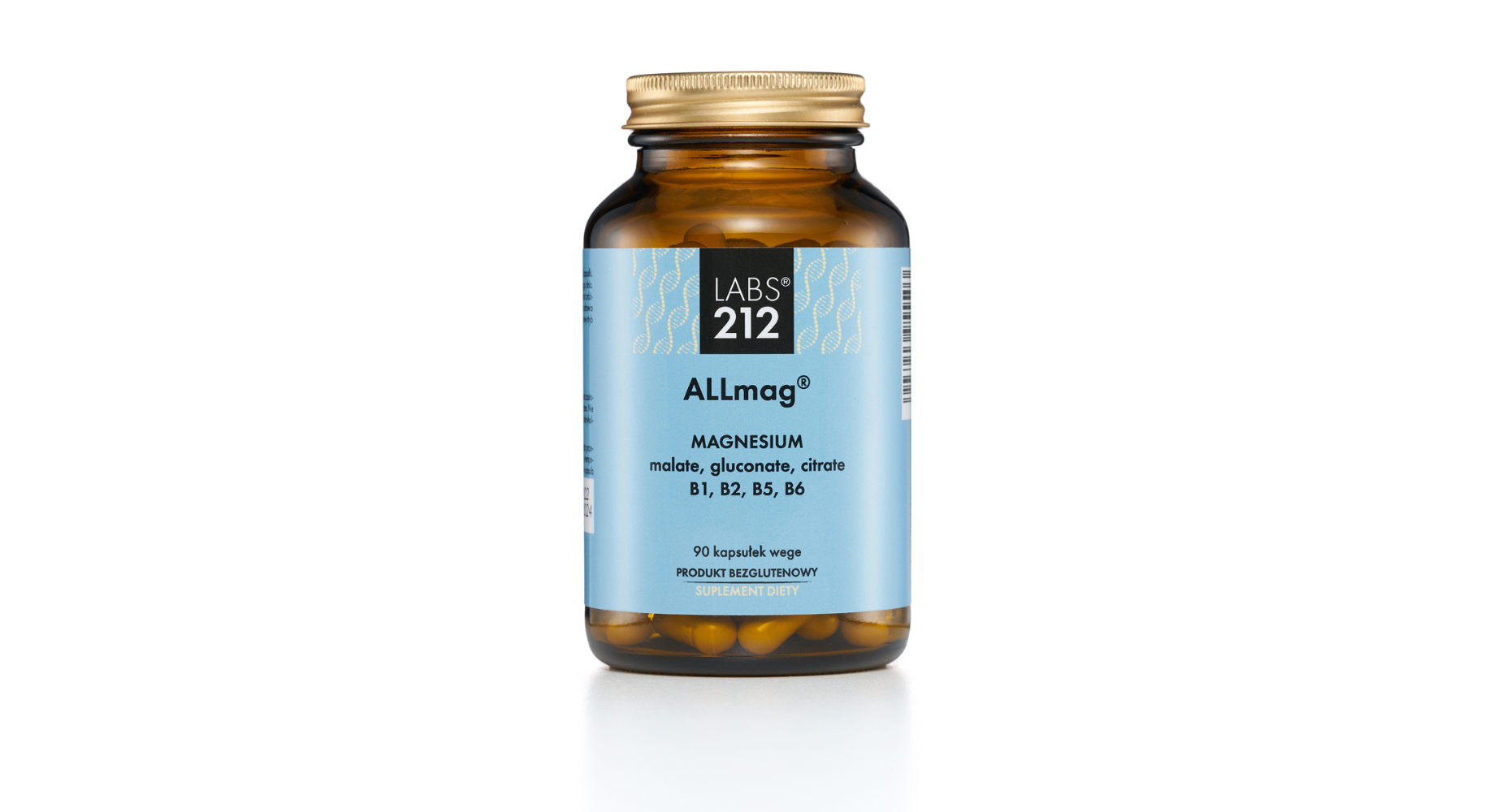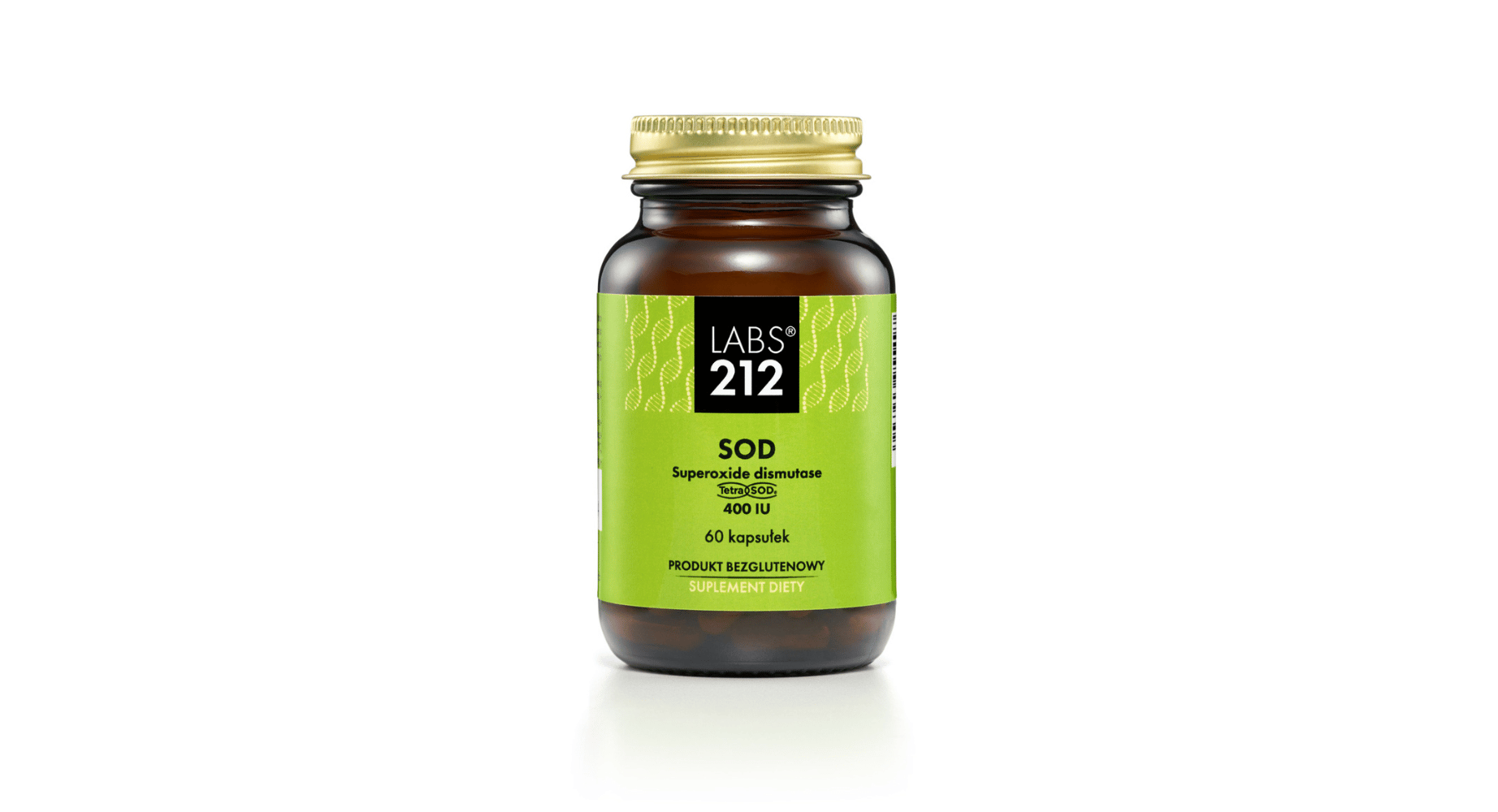Safe shopping guarantee. You will receive your product or your money back. See details
- You cannot add that amount of "Bind Formula®" to the cart because there is not enough stock ( remaining).
Hepa Spectrum®
64,99 zł Previous lowest price was 64,99 zł.
Support for proper liver function. 8 active ingredients: artichoke, dandelion, burdock, chicory, schisandra, choline, taurine, methionine.
Dietary supplement
Hepa Spectrum®
Liver support
8 active ingredients: artichoke, dandelion, burdock, chicory, schisandra, choline, taurine, methionine
Support for proper liver function
Tested microbiologically, for heavy metals, alkaloids, pesticides and ethylene oxide
Servings per container: 30
64.99 zł
in stock
Price per piece: 1,08 zł

Previous lowest price was 64,99 zł.

The liver – a key organ of the human body
The liver is one of the most important organs in the human body due to its key role in maintaining homeostasis. It performs a wide range of functions that affect metabolism, detoxification, digestion, and immunity. The liver serves as the body’s detoxification center. It neutralizes toxins that enter the body through food, medications, alcohol, or environmental exposure. It converts toxic substances (e.g. ammonia) into less harmful ones, such as urea, which is excreted from the body.
The liver stores glucose in the form of glycogen and releases it into the blood when blood sugar levels drop, thereby regulating blood glucose levels.
The liver breaks down fats and produces lipoproteins that transport fats throughout the body.
It is responsible for synthesizing amino acids and converting ammonia into urea (produced during protein metabolism).
The liver produces bile, which is essential for the digestion and absorption of fats and fat-soluble vitamins (A, D, E, K). Bile is also important for removing metabolic waste, such as bilirubin, formed from the breakdown of hemoglobin.
The liver stores and releases vitamins (A, D, E, K, B12) and minerals (iron, copper), making them available to the body when needed. It filters the blood, removing bacteria, viruses, and other pathogens. It produces immune proteins such as acute phase proteins, which help fight infections. It also produces albumin, a plasma protein that maintains oncotic pressure and transports hormones, drugs, and nutrients.
The liver synthesizes clotting factors, which are essential for wound healing and prevention of bleeding.
The liver breaks down and removes excess hormones, helping to maintain hormonal balance. It also participates in the activation of certain hormones, such as vitamin D.
The liver eliminates hemoglobin byproducts (e.g. bilirubin) and helps in the removal of excess cholesterol.
The liver has a remarkable ability to regenerate. Even after severe damage, it can rebuild its mass and restore function.
Liver problems can lead to serious disorders such as:
-
Liver cirrhosis
-
Fatty liver (non-alcoholic or alcoholic)
-
Viral hepatitis
-
Liver failure
-
Metabolic and hormonal imbalances
By taking care of liver health through a proper diet, avoiding excessive alcohol, regular physical activity, and limiting toxin exposure, we can support its proper function and the overall health of the body.
Artichoke extract (Cynara scolymus) is known for its liver-supporting properties. Its effects are mainly due to the presence of biologically active compounds such as cynarin, chlorogenic acid, flavonoids, and luteolin.
Cynarin and other antioxidants found in artichoke may support liver cells (hepatocytes) and protect them from damage caused by toxins, free radicals, and inflammation.
Artichoke supports the regeneration of damaged liver cells, which is particularly important in cases of fatty liver, alcohol-related damage, or inflammatory conditions.
Cynarin increases bile production by the liver and supports its flow to the gallbladder and intestines. Improved bile flow enhances fat digestion and the elimination of toxins and metabolic waste.
Silymarin is a well-researched substance known for supporting liver health. Nevertheless, there is a group of individuals for whom silymarin consumption is not beneficial and may cause side effects such as abdominal pain and a feeling of heaviness.
Silymarin intolerance most commonly presents as diarrhea, vomiting, abdominal pain, and headaches.
Silymarin reduces the activity of cytochrome P-450, the UDP-glucuronosyltransferase (UGT) enzyme, and lowers P-glycoprotein transport, which is why interactions between silymarin and certain pharmaceutical drugs should be carefully monitored.
https://pubmed.ncbi.nlm.nih.gov/19041708/
https://pubmed.ncbi.nlm.nih.gov/28602600/
https://www.ncbi.nlm.nih.gov/books/NBK11896/

